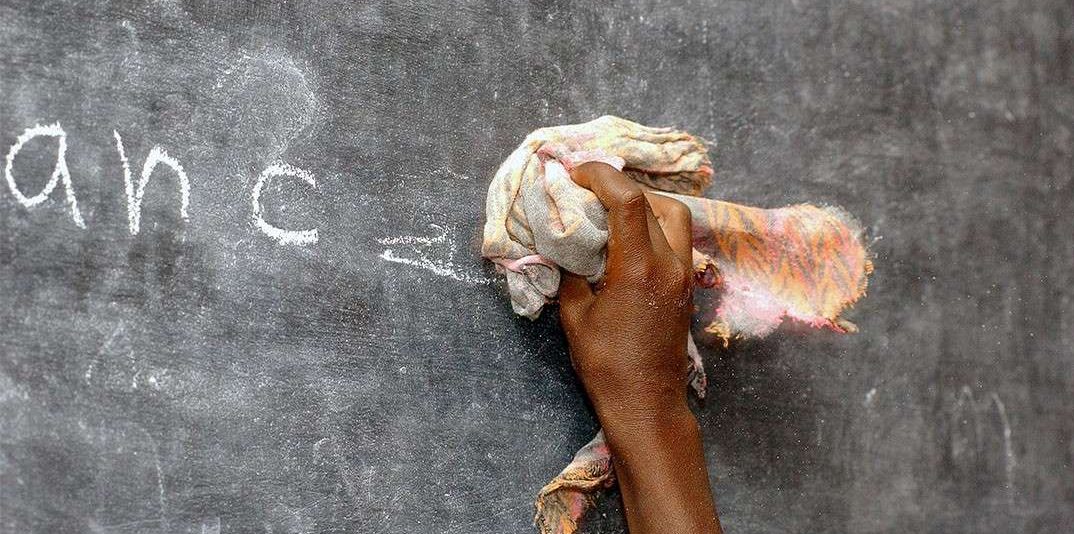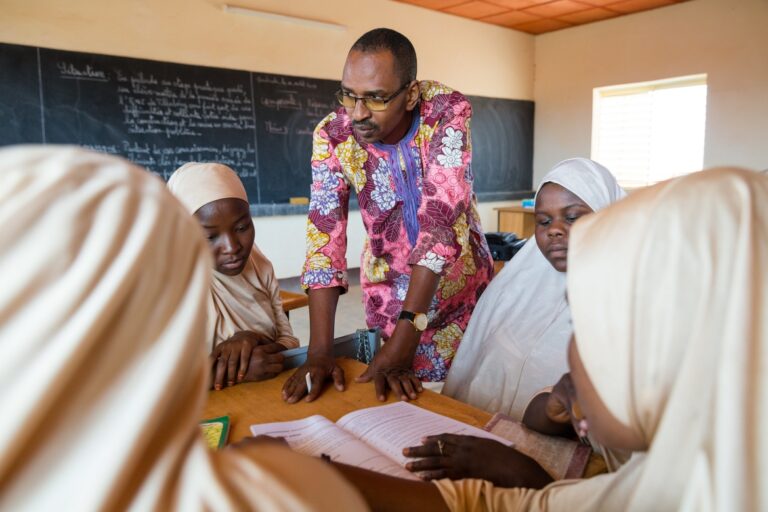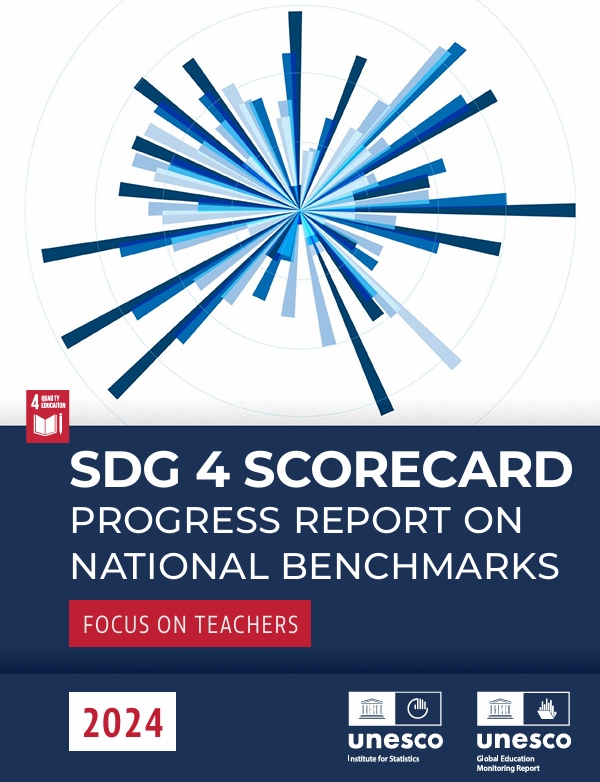Story Source: IISD ~ Go to Original Article
The Organisation for Economic Co-operation and Development (OECD) has published a reflection on gaps and asymmetries in teachers’ training in information and communication technologies (ICT) across OECD countries, as well as changes to class composition and curricula brought by migration. The report argues that investing in teachers’ training and integrating global issues in curricula will be essential to ensure quality education for youth, to equip them with the skills they will need to adapt to the fast-changing, globalized job market.
The report is based on the third edition of the OECD’s Teaching and Learning International Survey (TALIS), which aims to help strengthen the knowledge and skills of the teaching workforce and to support its professionalism……………






